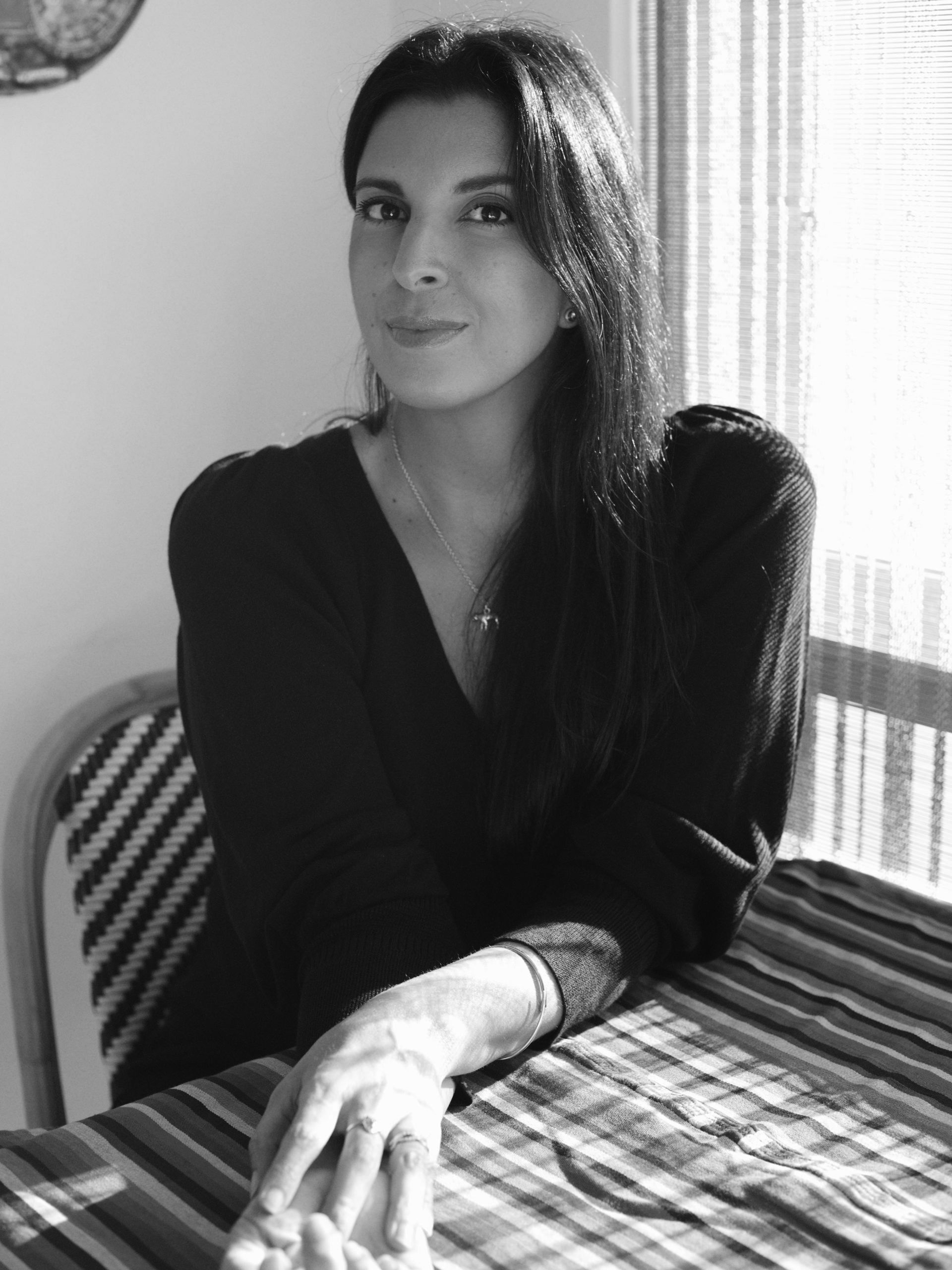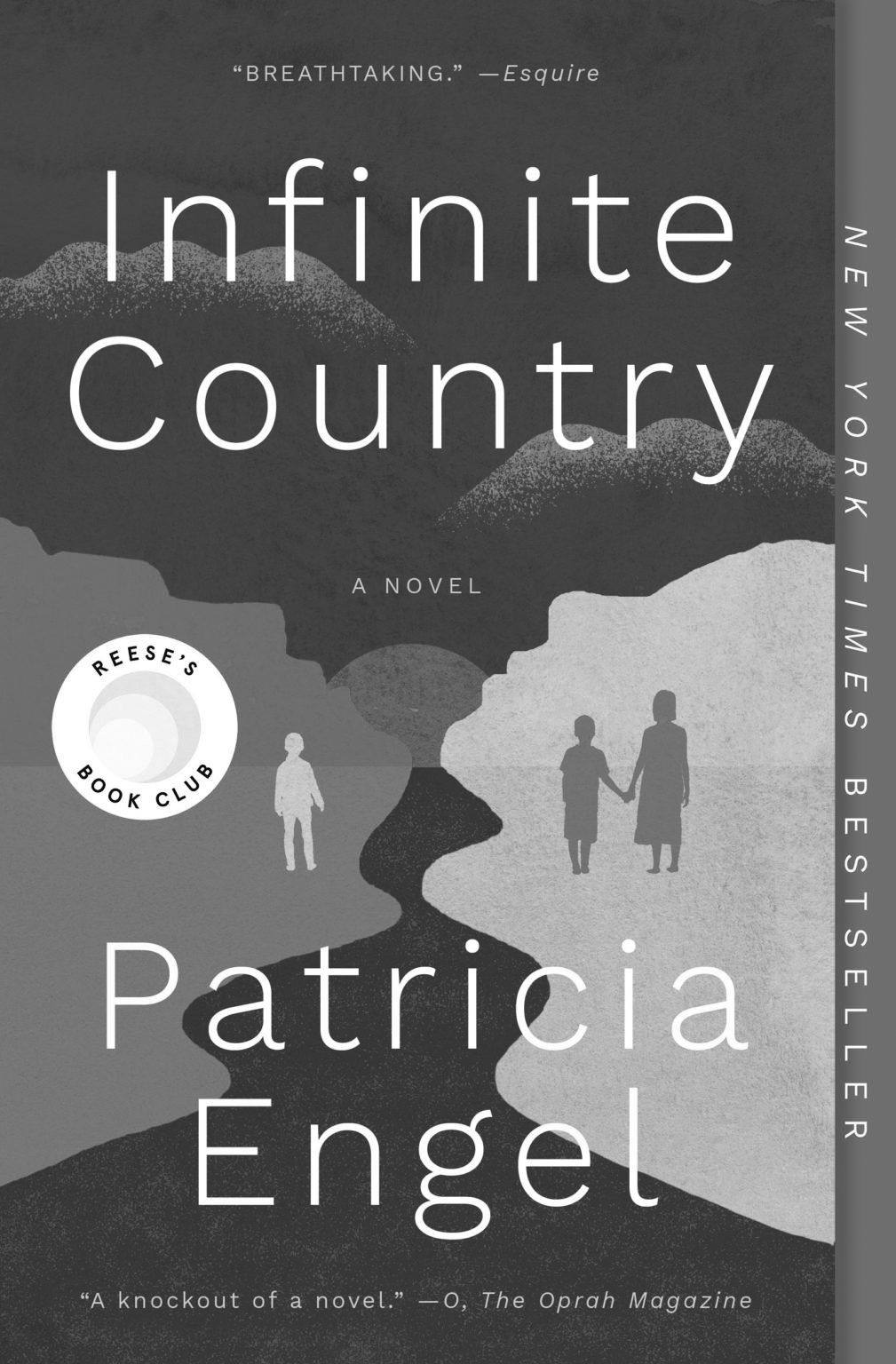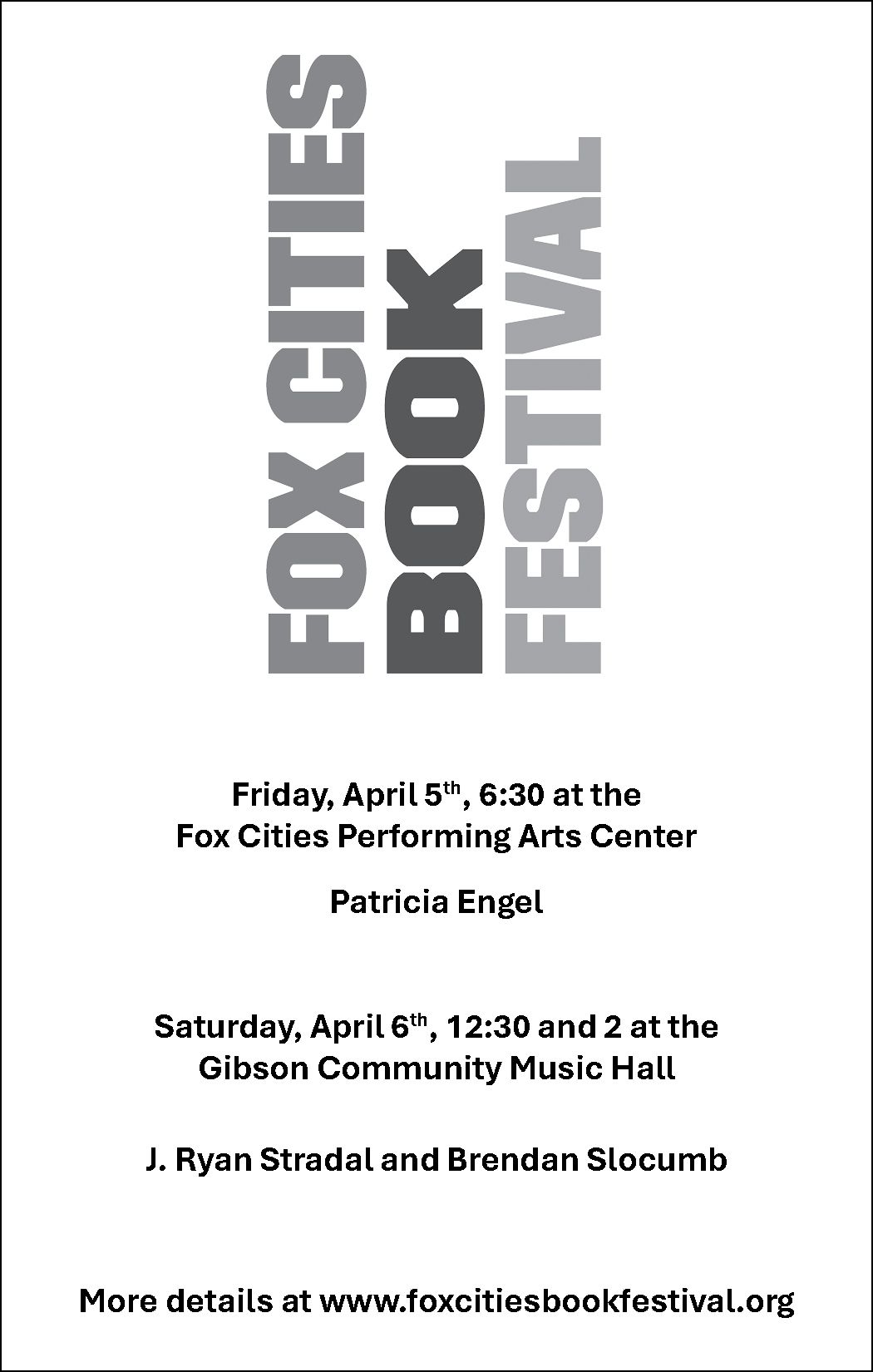An Interview with Patricia Engel
by Natali Herrera-Pacheco
We were fortunate to interview Patrica Engel, an award-winning author who will be speaking at the Fox Cities Book Festival, Friday April 5th, at the Fox Cities Performing Arts Center. Patrica’s novel, Infinite Country, was a New York Times Bestseller, a Washington Post Notable Book of the Year, Reese’s Book Club pick, Indie Next pick, Entertainment Weekly’s #1 Best Book of the Year, and more. Infinite Country won the New American Voices Award, a Florida Book Award, was a finalist for the Dayton Literary Peace Prize, and was longlisted for the Dublin Literary Award and the Carnegie Medal for Excellence in Fiction. Find more about Patricia Engel at https://patriciaengel.com

Natali Herrera-Pacheco: Patricia, I have read in other interviews that there are many musicians and artists in your family, and that your mother has been a great inspiration to you. Could you reflect on the impact that these family members had on you, and at what point did you desire to start telling your own stories?
Patricia Engel: I come from a very large family of mostly musicians and painters, with my paternal grandmother who was a writer, though she kept her writing beyond letters and poetry mostly to herself. All the creative people I knew were deeply committed to their art but had day jobs, so my example of being devoted to an artistic practice was for the love of art itself, for one’s personal relationship with the work rather than over any sense of career achievement. I learned from their example the discipline and passion, and that the real reward is in the work itself. They are still my greatest role models for what it means to live a long creative life. In childhood, I thought I might become a painter, though my storytelling compulsion quickly took over as soon as I learned to write. I was a dedicated journal-keeper and that gave way to writing fiction, which I found more interesting. My mother was not an artist but a lover of art who exposed me widely to art and literature and nourished my writing practice with an endless supply of reading material and blank notebooks. My parents gave me an almost infinite freedom to be creative and I am forever grateful.
Natali: You appear to be a writer who tells stories from experience–stories of migrants, or descendants of migrants who have come to this country. These stories may, in turn, resonate with readers who are descendants of Latin Americans. However, it is interesting that your texts also serve to create bridges–or a window–with readers of many backgrounds: those from here and those from there; those whole left and those who stayed; as well as those of diverse origins who discover these voices thanks to texts like yours. How do you feel that the reception of your work, with Colombian readers, those from the diasporas, or readers not linked to Latin America (maybe those you will find at the Fox Cities Book Festival) may be similar or different?
Patricia: Like many writers, I came to writing through reading and also because I noticed a lack of stories populated by characters that resembled the people and communities I knew. I try to write books that I wish already existed, and ultimately, I’m writing for the countless people in modern diaspora who search for the same. Writing is a solitary practice so it’s not until my work is published and read that those bridges begin to form and readers can share with me how they received my work and bits about their own lives. It is a great honor to have any readers take time out of their life to spend with my words and stories, and I am touched every time I hear that my work spoke to a truth they’ve experienced and have not quite been able to articulate, or that seeing it in story form gives them a sense of validation and of being seen.

Natali: For many, borders are something as real as they are unbreakable, but those of us who have been on one side or the other of a border know that the divide can be arbitrary–that there is more that connects us than what separates us. And yet, borders can be places–physical or symbolic–establishing identities despite (and often contrary to) the reasoning why they are crossed. What is the most difficult and most rewarding thing about writing from the territory of the in-between?
Patricia: I have never known another existence. I have always been the child of immigrants and I have always straddled two distinct cultures but this never felt confining or isolating, rather I felt it liberated me and made my world much more expansive than if I were tied to a singular cultural identity. Art allows one to remain borderless, to resist assimilation and focus on the human experience rather than one that is marked by citizenry.
Natali: What do you, Patricia Engel, like to read–including guilty pleasures–and what other endevors fuel your creative activity?
Patricia: I love to read fiction, nonfiction about subjects that are unfamiliar to me, poetry, memoirs, and I don’t really read anything that makes me feel too guilty. I have become a more impatient reader over the years and if a book does not captivate me in the first fifty pages, I will likely abandon it for another. My bookstack is always towering. I also fuel my creativity with music, film, visual art, and most often by spending time with family and in nature.
Natali: You are Colombian and American–how does it feel to get to know your two countries as you travel and talk about your literature? Can you tell us something that has surprised you during these trips where you find new places while going out to talk about your books?
Patricia: As a result of my books being published in Colombia, I’ve had the opportunity to travel around the country in places far from my parents’ home cities of Bogotá and Medellín, where my relatives reside. It means a lot when Colombians tell me they connect to my diasporic characters and the difficult themes I often explore in my work. As for surprise, I am constantly in awe of Colombia’s spectacular and diverse ecosystems.
Natali: Can you imagine some of your characters ever in the Midwest, such as a place like Appleton, Wisconsin?
Patricia: Of course, although the Midwest is not region that I know especially well.
Natali: Finally, what advice do you give to young writers?
Patricia: I used to keep a post-it note on my computer that said “Just Write” and that about sums it up; there are no shortcuts or magic formulas. Show up for your work the way you would show up for any person you care about, or an important appointment. Commit with care and compassion. Read widely, and not just the books everyone tells you to read. Read the books nobody is telling you to read. Master your craft best as you can and develop your creative intuition.




